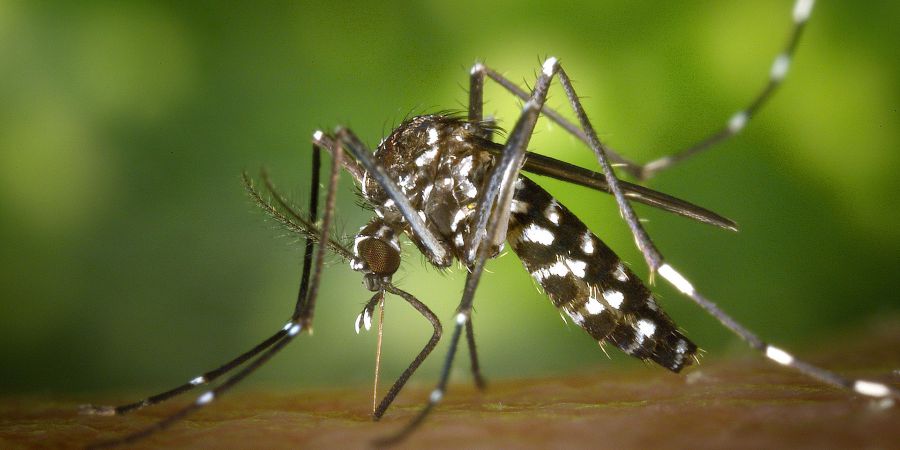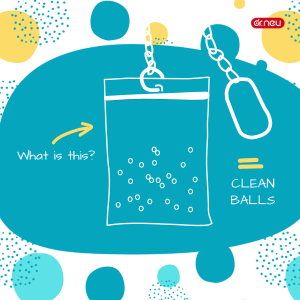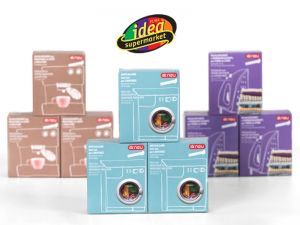
What can we do to prevent mosquito? – 1
The summer season seems to be started. But together with the nice season, mosquito are ready to bother our open-air time. They fly on us and we can’t get rid of them.
Overview on larvicidal control of mosquito
It sounds strange but the mosquito belong to many different species: in Italy exists about 67 different species of mosquito. The best known are the common mosquito (Culex pipiens) and the “tiger” mosquito (Aedes albopictus). Many species but one common habit for the female: through its particular apparatus the female are able to bite other animals and feed with blood. The reason is that blood is rich in protein and these substance are fundamental to complete the eggs formation cycle.
Ideal habitat of the mosquito is stain water of every volume and size:
• puddle
• flowerpot
• stain rain water collected in tank and/or reservoir
• swamp
Controlling mosquito was born and the end of the XIX Century when the very first important water remediation were performed by National Authorities. The goal was to reduce swamp and water flooded areas to reduce the natural habitat of mosquito.
Chemicals insecticides came to support these “war” since ‘40s, with organo-chlorine insecticide. One of the most famous active ingredients is the DDT.
Few of us still remember the huge debate about the opportunity to use DDT and the discussion about its ratio cost/benefits. After DDT was banned, it raise the age of organo-phosphorous compound, despite their high environmental impact. In the following years, neurotoxic insecticide were placed on the market and also in this case regardless their environmental impact. This last categories of molecule are very low specific and they show an elevated water persistency. Moreover it has been found that these actives are responsible of cross-resistance phenomena. In this way we are forced to use more chemicals and as consequence insect become more resistant. It is a no end cycle. It is important to make clear that environment contamination is not only a problem for Nature: persistency of these substance through the environment can reach also the human being because it I sat the top of the food chain!!!!
Now days the 4th generation of insecticide are IGR (Insect Growth Regulator) molecule. These substance does not interfere with vertebrate and this characteristic is confused with a low envriomental impact in common perception. Another key substance to control mosquito larvae is Bacillus thuringiensis israelensis (BTI). BTI based formulation show a reduced effectiveness along the time: they do not resist to contaminant that are present in drain and sewer. BTI has to be applied and renewed during the proper season to keep its activity at the right level. Several application are needed to be effective to control mosquito growth.
One of the most “glam” weapons against mosquito are bats and red fish. But this is another novel… If you feel, stay tuned and do not miss the next news on mosquito control techniques.

 CLEANBALLS Dr.neu, the first anti-limescale...
CLEANBALLS Dr.neu, the first anti-limescale...
 Two innovation are coming in...
Two innovation are coming in...
 PLMA Amsterdam 21-22 May 2019
PLMA Amsterdam 21-22 May 2019
 PLMA has chosen Dr.Neu for...
PLMA has chosen Dr.Neu for...
 Is there a limescale remover...
Is there a limescale remover...